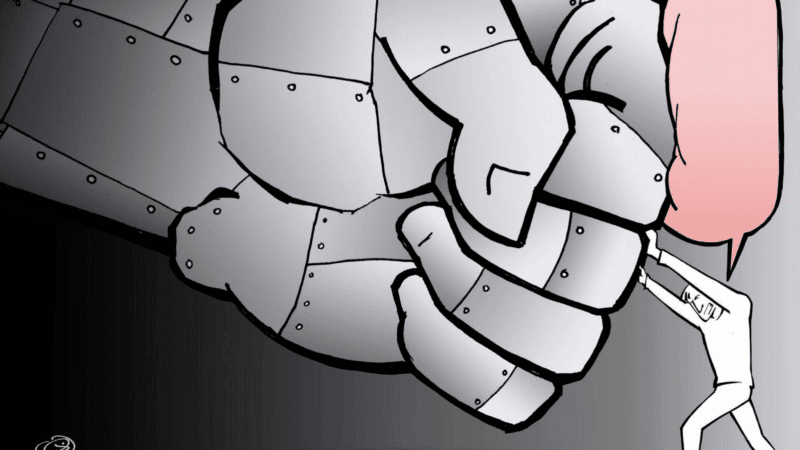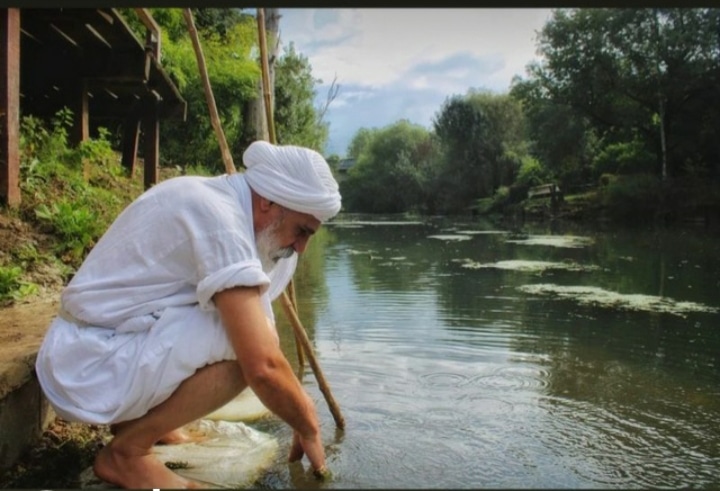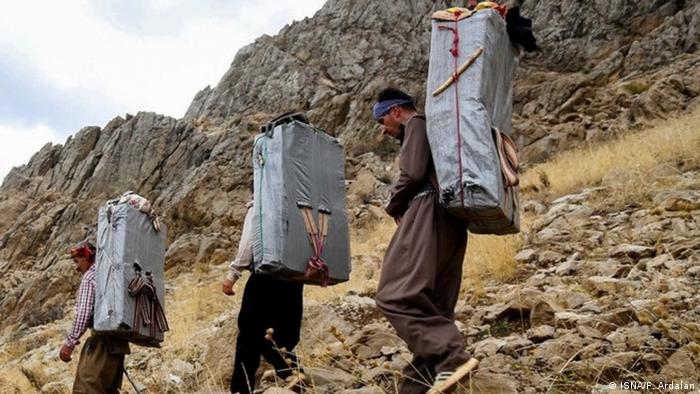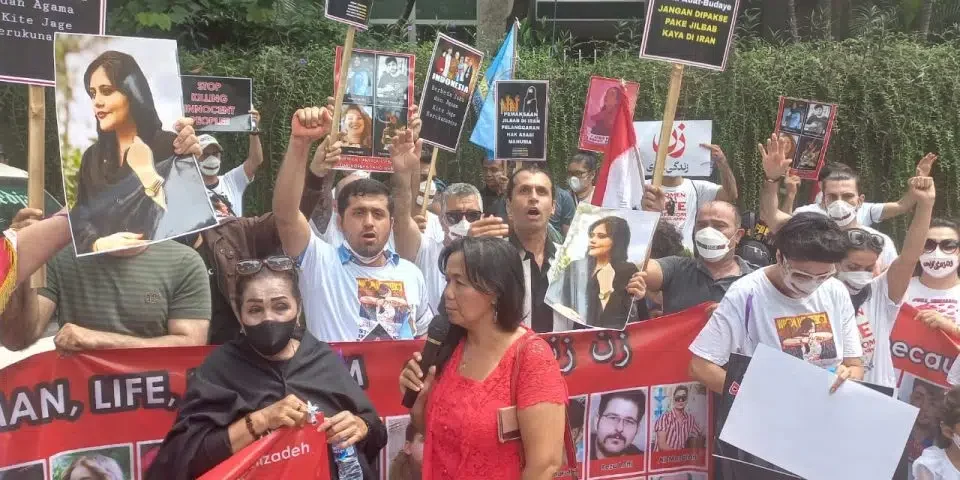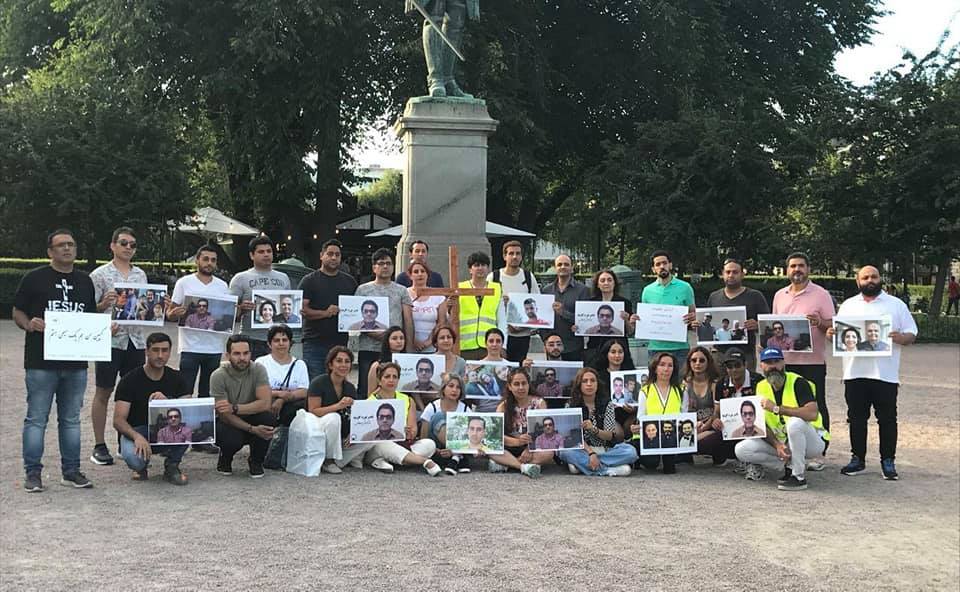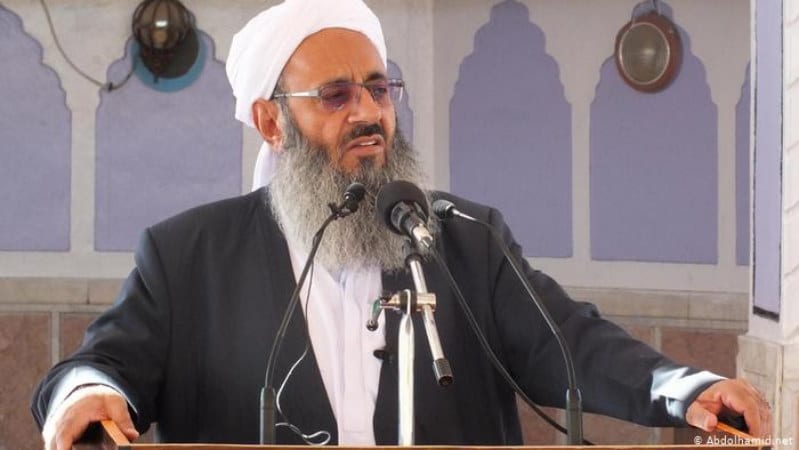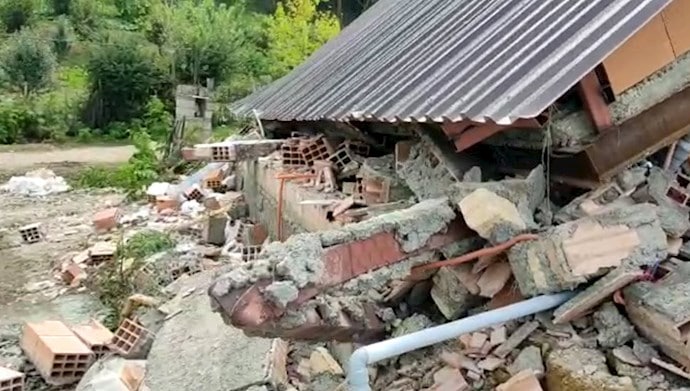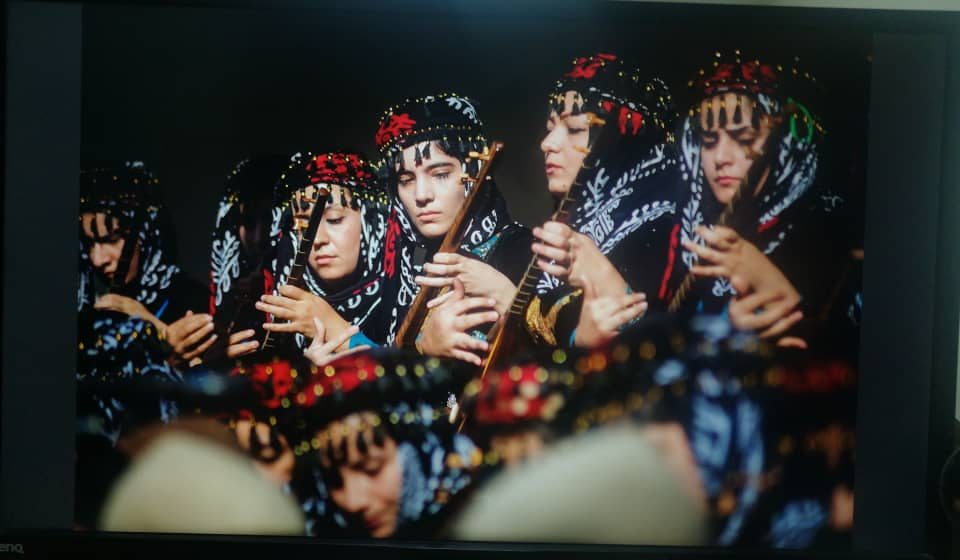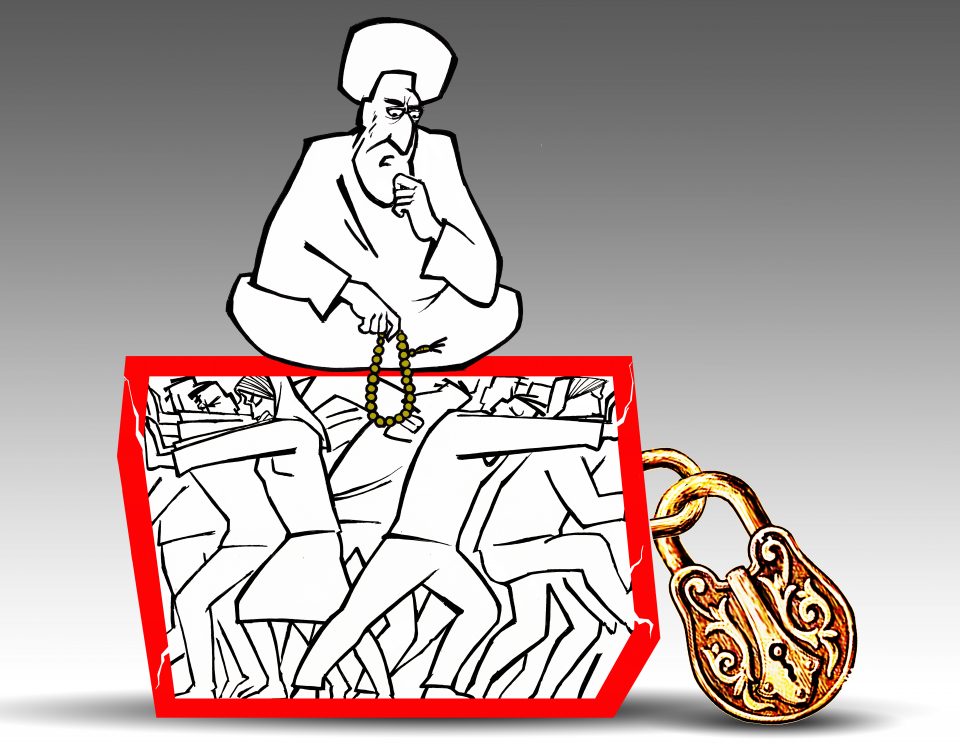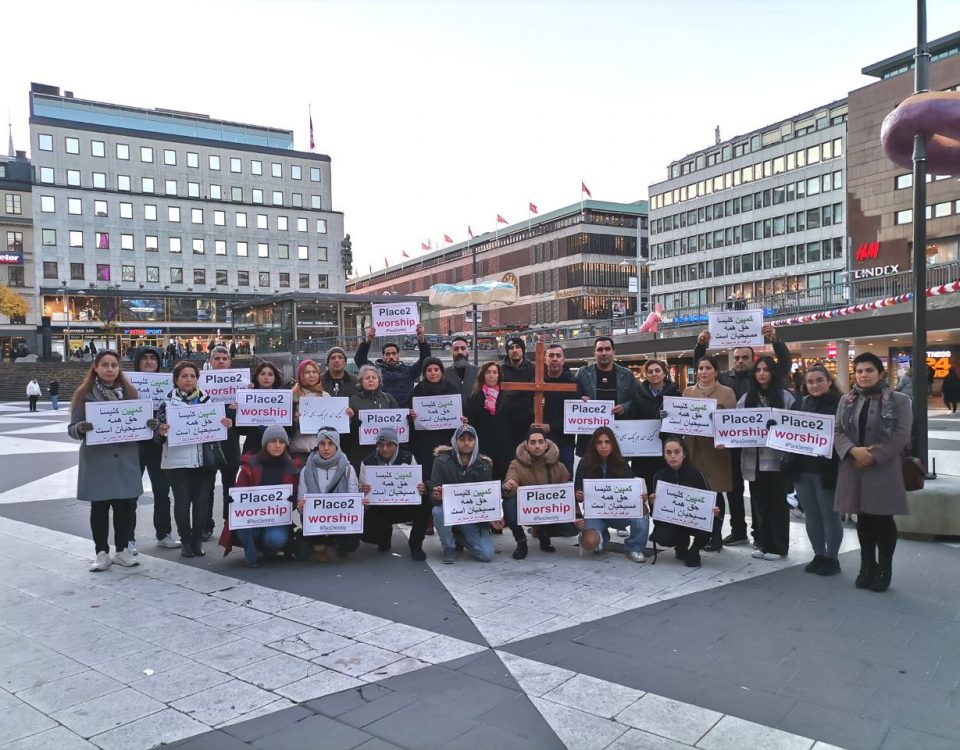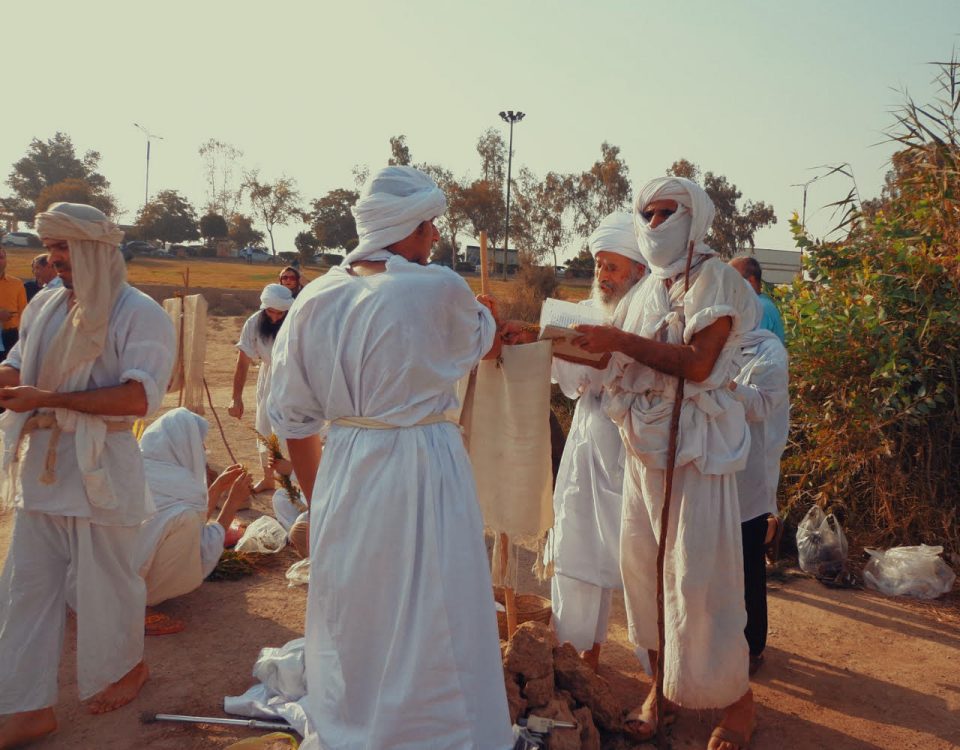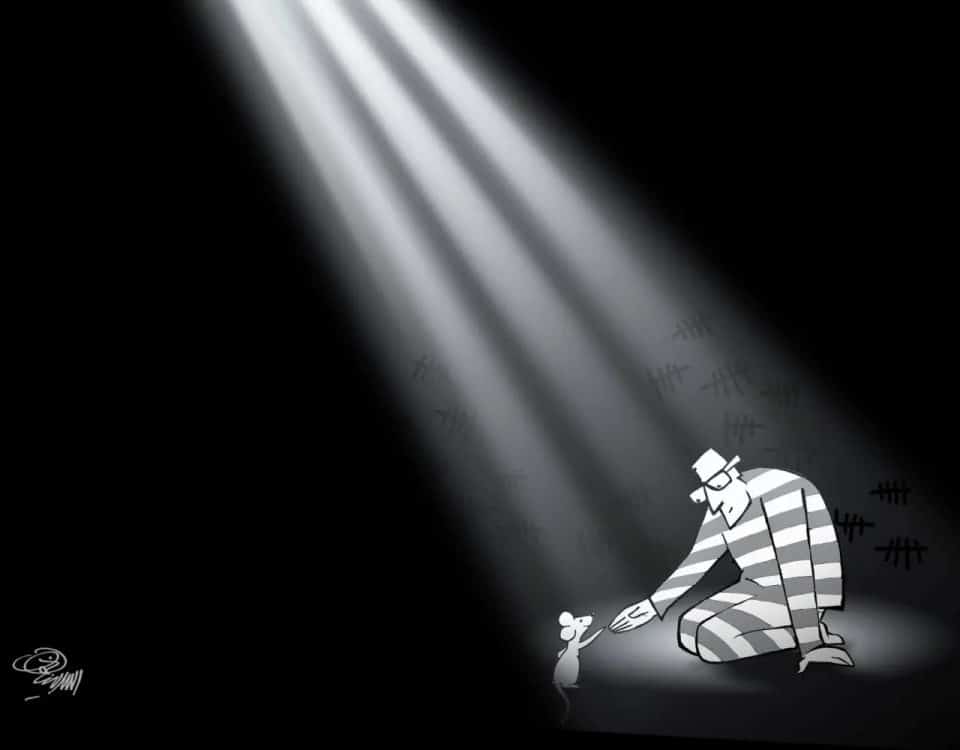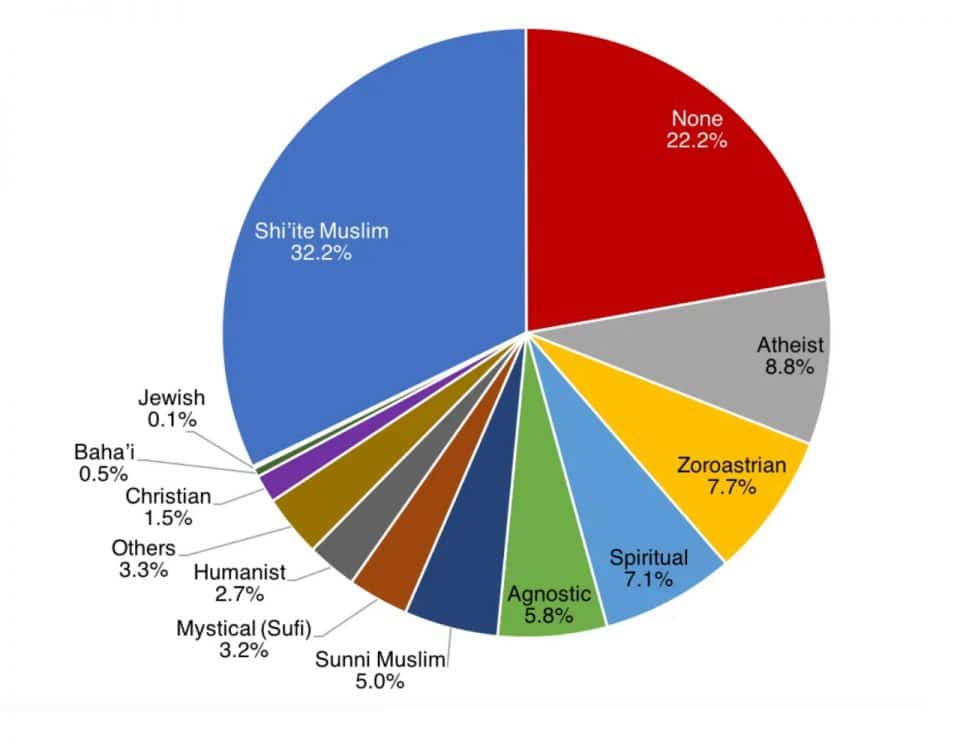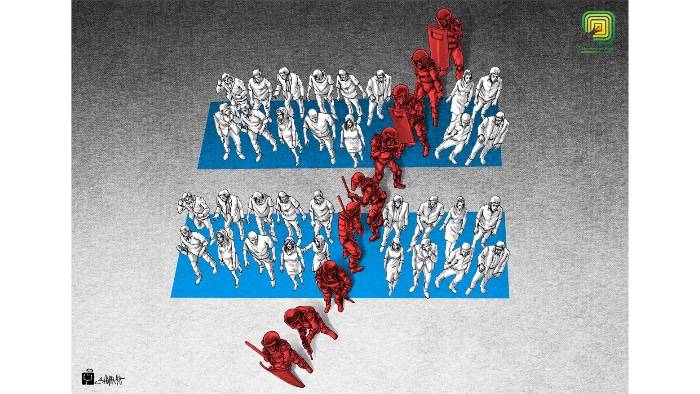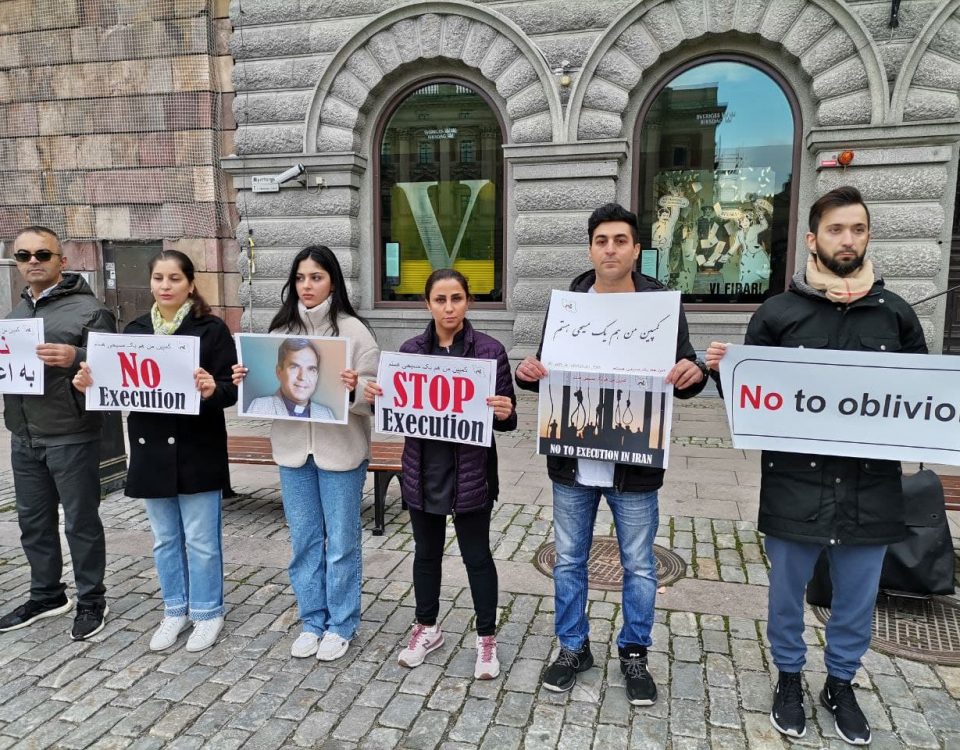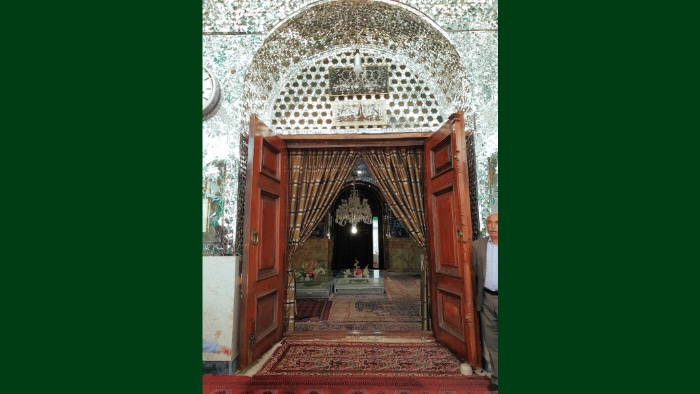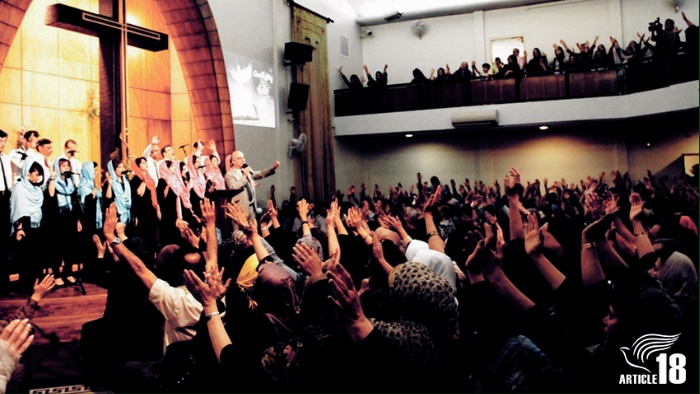Religious minorities in Iran face cultural violence
This article was first published on the website Global Voices, and is republished here with kind permission. Over the last 45 years, the Islamic Republic of Iran has weaponised textbooks, religious debates, films and television series, city walls, and even cemeteries to impose cultural violence and institutionalise its dominance, particularly over religious minorities. The government has employed physical, structural, and cultural violence against religious minorities. While physical violence (prison, destruction of worship places, execution, confiscation of properties), and structural or legal violence (discrimination in the labour market and education, testimony in court) are often tangible, cultural violence (art, religious debates, education) is more nuanced. But cultural violence not only facilitates direct (physical) and structural violence but also legitimises violence, making it […]The impact of the water shortage crisis on Mandaeans Living in Khuzestan province
Behnaz Hosseini*–Acute water shortage in Khuzestan has affected the lives of all residents living in this southern province of Iran; however, it has made things even more complicated for a religious minority, whose rituals are heavily dependent on water. Mandaeans living in Ahvaz perform baptisms in the Karun River, where the water is neither suitable for drinking nor for agriculture due to pollution. A sharp decline in the flow of water in the Karun River and its pollution has made things very difficult for the Sabean-Mandaeans to conduct their religious ceremonies. Mandaeans in Iran, like other ethnic groups and minorities, are facing many challenges and hardships. They are followers of […]“Koolbars”, new “slaves” in Kurdistan
Mvoices invites a variety of people, including equal rights activists, researchers, and journalists, to share their experiences and their views on the challenges, achievements and rights of the religious minorities and civil society in Iran at the Mvoices’ “Carte Blanche”. In this issue, Awin Mostafa Zadeh / Kurdpa Human Rights Organization writes the story of “new slaves” in Iran, “Koolbars”.The Kurds suffer from discrimination for being both Sunni Muslims as well as an ethnic group in Iran. The people living in Iranian Kurdistan have been systematically targeted by economic deprivation, such that on the one hand Koolbari is imposed on them but on the other hand they are killed […]Iran’s Religious Minorities: the Forgotten People at the Berlin Gathering
Fred Petrossian–80,000 people in Germany’s capital have been marching in solidarity with protesters in Iran. On 22nd October, demonstrators came to Berlin from all over Europe. A statement was read at the end of this historic gathering which talked about periods of repression and state violence from the beginning of the Islamic Republic to the present. The statement also mentioned the repression and discrimination of ethnic and sexual minorities. However, incredibly, no mention was made in the statement about the persecution and suffering of religious minorities during the last 43 years. For more than four decades, the “Islamic Republic” has deprived millions of people of their basic rights as citizens. […]Iranian Christian Converts in Sweden: Birth of a social movement*
Fred Petrossian–The “I am A Christian too” campaign was launched by a group of Iranian Christian converts living in Stockholm, Sweden, in October 2020 in order to pursue policy change in Sweden and Iran. “I Am A Christian Too” is a loosely organized but sustained campaign among a group of Iranians who share Christianity as their core belief and set their main goal of being recognized as refugees by the Swedish government. As of July 2022, this campaign has held almost 50 gatherings in Stockholm, making it the most persistent street movement among Iranian religious minorities and even Iranian asylum seekers in the diaspora. At each meeting, between 20 […]Top Sunni Cleric Support for Taliban “created a division among Baloch society”
Molavi Abdolhamid, a prominent Sunni religious leader and the Friday prayer leader in Zahedan, welcomed the Taliban’s victory in Afghanistan, which surprised many in Iranian society and provoked various reactions. Afshin Shahi, a senior lecturer in Middle Eastern politics and International Relations at Bradford University, discussed with Mvoices the possible impact of Molavi Abdolhamid’s Taliban support on Iran’s Sunni community: “First and foremost, we have to remember that there is no such thing as a singular Sunni community in Iran. The Sunni population of Iran is very diverse. They are made of different ethnicities. They speak distinct languages and dialects and are geographically scarred. This reality is reflected through […]The Islamic Republic targets Bahá’ís: From Instagram to Villages in Iran
Recent reports indicate the Iranian State continues its repressive policy and violence against the Bahá’í community, using almost any imaginable means in recent months: hate speech on social media such as Instagram and Clubhouse, confiscating lands from Bahá’í villages, closing shops, banning them from higher education and imprisoning them. Such hostile actions have occurred since the triumph of the Islamic Revolution. However, in recent months, according to the Bahá’í International Community (BIC), “this machinery of hateful propaganda to demonize the Bahá’í community is reflected in a growing and coordinated network of hundreds of websites, Instagram accounts, Telegram channels, and Clubhouse rooms, with content such as “ Bahá’ís are unclean and […]Our Goals: Defending the Rights of the Yarsan Minority and Achieving National Reconciliation
The Yarsan faith, or Ahl-e Haqq, is a religious minority not recognized by the Constitution of the Islamic Republic of Iran. As a result, its followers face constant discrimination and harassment in Iran as many of them are forced to deny their faith in public. Some have even resisted the government’s de-identification by organizing cultural groups and publishing open letters to officials. Seyed Amin Abbasi, a member of the Yarsan Civil Activists Advisory Council, told Mvoices: “The forced abandonment of faith by some Yarsanis has weakened their identity and promoted hypocrisy among them. Religious acceptance is no longer based on individual interest, desire, or awareness, but primarily aimed at obtaining […]Religious Minorities in Iran: Violence, Resistance and Hope
Fred Petrossian–It is enough just to take a look at the newborn babies in an Iranian hospital. The future of a child under the rule of the Islamic Republic, even with hard work and high intelligence, can be easily predicted in a few words. The child for the rest of his/her life will be deprived of the most fundamental human and civil rights because he/she comes from a family belonging to a religious minority. In the future, he/she may be called Najis, or unclean; he/she may be sent to prison and even forced to leave his/her homeland or deprived of work and education. In any case, he/she will be a […]Christian Converts “Place2worship” campaign: A struggle for the rights of all Iranians
Fred Petrossian–Imagine you are having a get-together with some friends in your home, drinking coffee or tea, talking about religious issues, praying, and reading the Bible. Kids are around and playing together. These very innocent get-togethers have been a target for the Iranian state for decades as its security forces attack these homes, arresting Christian converts and sending them to prison. The Iranian state has forcibly closed Persian-speaking churches and forced many Christian leaders to leave the country. Christian converts are deprived of the right to have a church or place of worship in Iran, and the state does not even tolerate worship in their homes. The “Church is the […]Sabean-Mandaeans and Emigration: Motives and Reasons
Behnaz Hosseini*–Sabean-Mandaeans are one of the numerous religious minorities in Iran. Despite being considered by some high-ranked religious clerics as one of the monotheistic religions, it is not recognized by the Islamic Republic of Iran’s Constitution. They are emigrating at increasing rates, with inflows mainly to European countries, the United States, and Australia. Difficult living conditions, lack of civil liberties, and religious discrimination are the major motives to emigrate. The number of the Sabean-Mandaeans, according to non-official statistics, has dropped to just 2,000 people. It was estimated at 10 to 20,000 before the Islamic Revolution. One of the religious rituals of the Mandaeans is “Daily Baptism”, which is often performed […]Baha’i villagers ordered to “separate their cows from the ones belonging to Muslims”
The persecution of Baha’i villagers became “stranger than fiction” when the Baha’is were ordered to “go to Israel ” and separate their own cows from cows belonging to Muslims in Ivel, a village in Mazandaran Province. This issue of systematic expropriation of the Baha’is in Iran and in Ivel was highlighted during a webinar hosted by Evin Incir, a Member of the European Parliament (MEP), from the Swedish Social Democratic Party on the 4th of February 2021. The panelists included Miloon Kothari (former UN Special Rapporteur on Adequate Housing), MEP Antonio Lopez-Isturiz White, Member of the Swedish Parliament Anders Österberg, and Diane Alai (Representative of the Bahá’í International Community Geneva). […]White Torture, a Story about the Suffering and Resistance of the Iranian Christians
Mvoices conducted an interview with Mansour Borji, executive director of Article 18, a London-based Christian advocacy organization that helps former Christian prisoners overcome trauma, about how former prisoners survive this psychological torture and the challenges that they face after being released from the Islamic Republic’s torture chambers. White torture is a psychological torture technique, in which inmates are held in solitary confinement for very long periods of time. It is intended to produce complete sensory deprivation and isolation in the victim. It is one of the most brutal torture methods used in Iranian prisons alongside physical torture. Many Iranian prisoners of conscience, including Christians, Bahais, journalists, women and civil rights […]“For many Iranians, Atheism is equal to Satanism”
We are going to invite a variety of people, including equal rights activists, researchers and journalists, to share their experiences and their views on the challenges, achievements and rights of the religious minorities and civil society in Iran at the Mvoices’ “Carte Blanche”. For this number, we have invited Sepideh Nasseri, a civil rights activist, artist, and atheist based in Sweden, to share her experience of being an atheist in Iranian society: Let’s start with the problems atheists face in Iran. According to a recent poll by the GAMAAN Institute in the Netherlands, 9% of Iranians have claimed/claim to be atheists, and only 32% of Iranians consider themselves the followers […]Religious Minorities in Iran: Persecution Meets Resistance
Fred Petrossian*–Security forces break into your house in the middle of the night. They confiscate your cell phones, photos, and religious books. They interrogate you, and maybe even have you beaten and jailed. You will be deprived of your business and education. Your crime, in the eyes of the Islamic Republic, is your religious identity—and the authorities will do all they can to break it. Many members of religious minorities who have not surrendered to the will of the regime and its de-identification policies had this bitter experience. Some were even murdered or executed. It seems this de-identification policy aims to publicly dehumanize religious minorities when the leading figures […]Campaigners: Christian Persecution is Real in Iran—Accept Their Asylum Requests
Many Christian converts seeking asylum, even after leaving Iran, have been painfully dealing with the denial of protection by their countries of destination for years now. About a year ago, a group of Christian converts living in Stockholm launched the campaign “I am a Christian too” to raise awareness of the systematic violation of rights of Christian converts in Iran and to change the approaches used to examine Christians’ asylum applications. These Christian converts have been staging regular protest rallies outside parliament in the Swedish capital of Stockholm for about 70 days. The campaign also protests the ongoing human rights abuses in Iran and the repression of civil society activists […]Silence of Victims, Denial of Rulers
Reza Kazemzadeh is a Belgium based psychologist and writer. He is the head of Exile, which is a medical psychological center for victims of torture. He spoke with MvoicesIran about why the Iranian society is, in many cases, indifferent to the persecution of religious minorities and its silence and the internalizing of fear during 40 years of repression and discrimination. Last year,when the Islamic Republic of Iran removed the “other religions” option from the national ID card application form, a move that appeared to be designed to deny millions of Iranians full citizenship such as Baha’is, Christian converts,Yarsans,there were no big protest or campaign within Iran’s society. why? When considering […]The Unbearable Burdens of the Baloch People
Balochis have faced government discrimination, both as Sunni religious practitioners and as an ethnic minority group, according to several international reports. According to Baloch activists, the Iranian State controls and imposes many restrictions on their religious activities, resulting in refused national identity cards for their children. Many Baloch people are harassed or beaten, and many are forced to leave their homes and find another place to live. Nasser Boladai, spokesperson for the Balochistan People’s Party, talks with MvoicesIran about the challenges of the two million-strong Baloch minority, who live in the undeveloped area near the border with Pakistan and Afghanistan. For years, thousands of Baloch children were deprived of their […]Freedom of Belief—A Human Right under Pressure in Iran
International organizations, including the United Nations, have condemned the Islamic Republic several times for violating human rights and the rights of religious minorities. Sanctions on those minority communities have ranged from imprisonment to being banned from university and from losing jobs and property to even being killed. MvoicesIran talks with Said Mahmoudi, Professor Emeritus of International Law at the University of Stockholm to discuss religious and conscious rights in international law, violation of those rights in Iran, and the capacity of international organizations to curb such actions by States. The rights to freedom of thought, religion, and conscience, which include the freedom to change religions or beliefs and to worship […]The Birth of a Minority: Iranian Christians
Fred Petrossian The fate of Iran’s Christians, as the Islamic Republic turns 40 years old, could perhaps be viewed through the lens of Forrest Gump’s famous quote: “Life is like a box of chocolates. You never know what you’re gonna get.” The Christian community of just a few thousand Muslim converts in 1979, after four decades of state-run repression, has grown to several hundred thousand, or even one million according to some sources. Churches have been closed down, the Bible in Persian banned, Christian leaders murdered, and hundreds of women and men sent to jail and forced into exile. This has been part of the Islamic Republic’s policy over the […]

